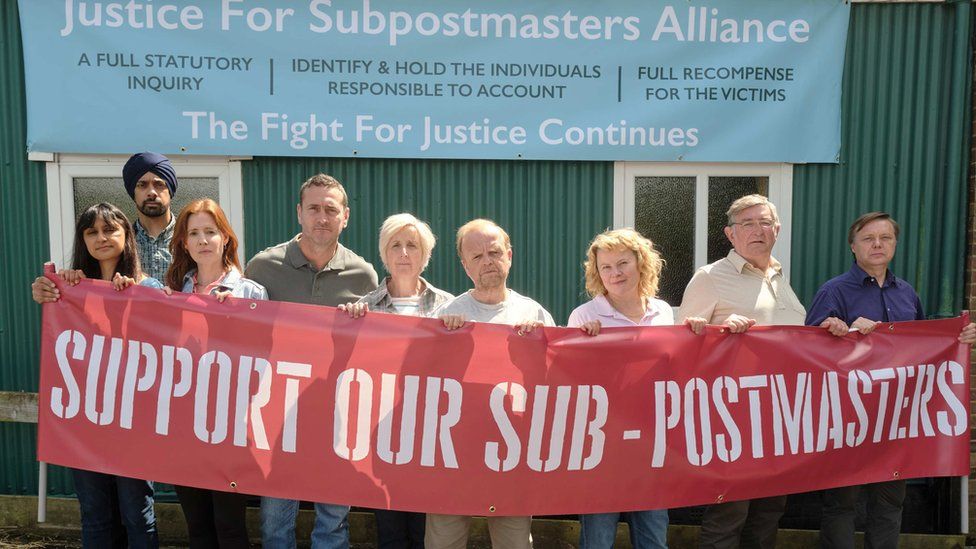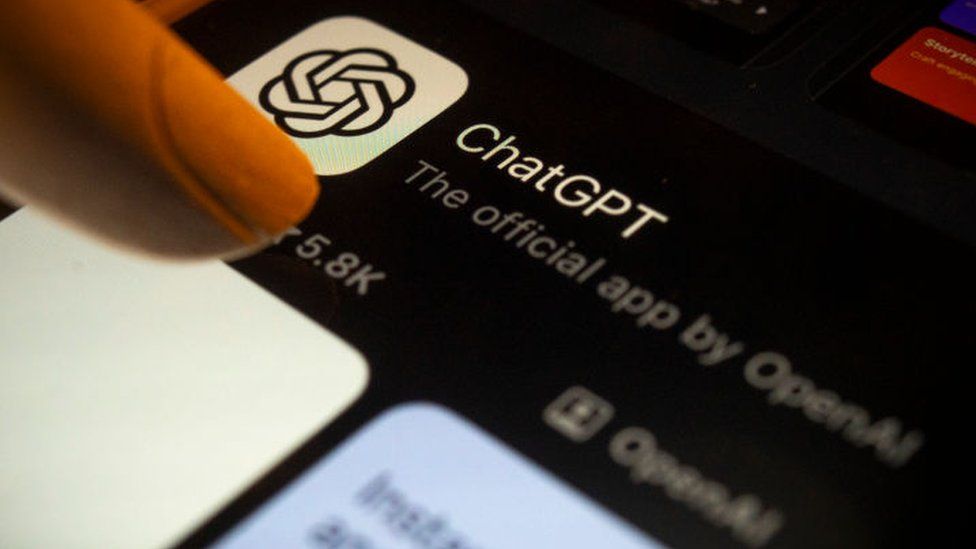Have we lost faith in tech?


Relationship status: it’s complicated.
When it comes to technology, never before have we been both more reliant, and more wary.
Society is more connected, but also more lonely; more productive, but also more burnt-out; we have more privacy tools, but arguably less privacy.
There’s no doubt that some tech innovation has been universally great. The formula for a new antibiotic that killed a previously lethal hospital superbug was invented by an AI tool.
Machines that can suck carbon dioxide out of the air could be a huge help in the fight against climate change. Video games and movies are more immersive and entertaining because of better screens and better effects.
But on the other hand, tech-related scandals dominate headlines. Stories about data breaches, cyber attacks and horrific online abuse are regularly on the news.
In the UK, faulty accounting software that led to false convictions of fraud for hundreds of innocent Post Office workers, because of blind faith in the tech, has caused national outrage.
“Like everything, tech has a dark side. It is a two-edged sword,” says veteran Silicon Valley watcher, Prof Mike Malone.
In other words: it’s complicated.

I’ve been having a lot of conversations lately about whether all of this is resulting in people losing faith in the powerful tech tools – both hardware and software – which have inserted themselves so dominantly into our lives, and caused so much disruption.
No more so than usual, argues Eileen Burbidge from the investment fund Passion Capital.
“I think it’s quite cyclical,” she says. “We have talked about this over the years, in relation to data privacy, AI, robotics, privacy, social media, jobs, wellbeing…”
She may feel like a broken record, but she also thinks that it’s an important conversation to keep on having.
“It helps consumers and businesses to be more conscientious about what they’re adopting,” she adds. “It also helps regulators to think about where they should focus their attention.”
Advertising industry veteran Sir Martin Sorrell is characteristically blunt about it. “Everybody uses tech – it would be wrong to say we are losing faith in it,” he tells me.
But he does agree that people are increasingly fearful of its implications, particularly in relation to the impact of rapidly advancing AI tools on jobs (a recent report by the International Monetary Fund suggested that 40% of all current jobs will be affected by AI).
He gives me a stark example from his own world: “The time it takes to produce an ad has shrunk from three weeks to three hours.”
And it’s not just the loss of jobs that people fear when it comes to AI. There are legitimate concerns that powerful automated tools making important decisions about us in the future – perhaps about our healthcare, or in a judicial process – will display unintended discrimination and bias.
Then there are dilemmas about the data these tools are trained upon and who it belongs to, and at the more extreme end of things, there’s the existential threat of the destruction of humanity by out-of-control machines.
Paolo Pescatore is an analyst who keeps a close eye on the tech sector. “Fundamentally, if there was a problem people would, should, stop using it,” he says.
But he then goes on to talk about the peer pressure to remain plugged in – from colleagues, friends and family, and even from governments wanting to switch to digital services.
And what about the tech sector itself? The big US firms have shed thousands of workers in recent months. Tesla and X owner Elon Musk is known to favour a hard-working culture, and he was among the first to summon staff back to the office after the pandemic.
The industry has become a more vulnerable place for its staff, entrepreneur Tomas Halgas tells me. “Tech workers were very comfy in our jobs pre-Covid,” he explains.
“People used to say, ‘Google isn’t a job, it’s a retirement plan’. Those days are long gone.”

Mr Halgas is a young tech boss with big ambition. He sold his first start-up to X when it was Twitter, and he’s already successfully raised over $2m (£1.6m) for his second, an AI-driven app-builder called Sutro.
“Tech workers thought they were safe from automation: now we are among the people who might be replaced,” he says. Replaced, that is, by code-writing AI tools rather like his own.
“A lot of people are having existential crises right now.”
Industry watchers like me have seen AI on the horizon for some time – but everyone was blown away by the dramatic impact of the launch of just one product: ChatGPT.
It’s been out in the open for just over one year, and within months it was passing the bar exam taken by trainee lawyers. Sam Altman, the boss of the firm OpenAI which created it, says advances we will see in 2024 will make the current version look “quaint”.
Is it time to slow things down a bit?
A recent survey by PR firm Edelman suggested that 52% of people in the UK (yes, that old ratio again) believed tech innovation was developing too fast, and 70% thought tech bosses should develop new tech slowly.
Realistically, there is practically zero chance of that happening. The money and power that is flooding in, particularly to the AI sector, speaks for itself.
But the outpouring of public debate that also whirls around it is healthy, argues Prof Malone.
“We’re not just blindly embracing new tech anymore,” he says. “That’s a good thing.”
